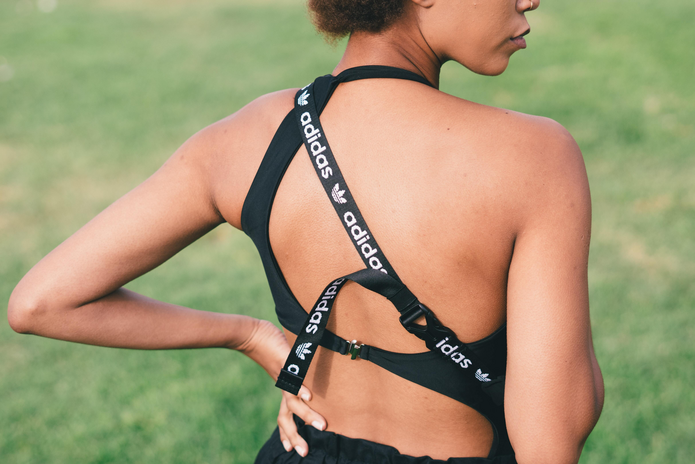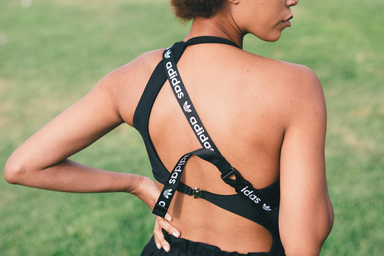Sports has become an increasingly important platform for the Black Lives Matter movement and the advancement of social justice as a whole. As activism becomes a more accepted aspect of the athletics industry, we continue to see more and more star athletes using their voice for positive change. What is seldom credited, however, is the work of female athletes, specifically the WNBA players who have paved the way for the racial justice movement within sports. Predating the protests from this summer, and even the revolutionary protest of Colin Kaepernick, WNBA players have long been a part of the fight for racial equality, yet most of the attention is attracted towards the male athletes. Here is a brief timeline of the WNBA’s long history of activism, and a discussion of the lasting impact they’ve made on the sports world.
2016:
July 9th: Minnesota Lynx holds a pre-game press conference to discuss police brutality in the wake of the killing of Philando Castile and Alton Sterling.
July 10th: Players from teams across the WNBA wore black T-shirts to their warm-ups that said #blacklivesmatter and #dallasfive. This violated uniform rules, and players were fined 500 dollars each, and teams were fined 5000 dollars.
July 14th: WNBA Superstar Tina Charles protests the uniform fines while receiving her Player of the Month Award by wearing her warm-up T-shirt inside out. Players of the New York Liberty, Indiana Fever, Seattle Storm, and Washington Mystics participated in a media blackout, only speaking to the press about the fines and the movement during their postgame interviews.
July 23rd: WNBA rescinds its fines.
Sept 21: The entire Indiana Fever team kneels during the national anthem. Two members of the Phoenix Mercury, the opposing team, join them.

This only marks the beginning of the WNBA’s long history of social advocacy. Since 2016, they have continued to be prominent voices in the aftermath of racial injustice and violence against people of color. Yet, the voices of predominantly Black female athletes are often suppressed by the public’s focus on their male counterparts. This summer, for example, the WNBA protests following the murders of George Floyd, Breonna Taylor, and Jacob Blake were seen as a secondary counterpart to the NBA’s protests. In reality, the collective and unified actions of the WNBA back in 2016 is really what paved the way for the current age of activism in sports:
2020:
- The WNBA dedicates the 2020 season to the Black Lives Matter movement and the #SayHerName campaign.
- The WNBA/WNBPA Social Justice Council and the Justice Movement Platform are formed.
- WNBA cancels a night’s slate of games in response to the police killing of Jacob Blake.
- Organized many powerful in-game demonstrations, such as the 26-second moment of silence in honor of Breonna Taylor, who died at age 26.
- Players wore “Vote Warnock”, in support of Reverend Raphael Warnock who ran against Kelly Loeffler in the Georgia Senate runoff elections. Loeffler openly spoke out against the Black Lives Matter movement and political activism in the WNBA. Loeffler is a part-owner of the Atlanta Dream, a Georgian WNBA team.
The WNBA remains at the forefront of the Black Lives Matter movement and the fight for racial justice in America. Separate from the league-wide efforts, there are also many Black female athletes who’ve decided to take a break from basketball and focus on social justice efforts:
- Natasha Cloud: taking a season off following the peak of her career to focus on social justice efforts in her community.
- Maya Moore: WNBA great, left basketball in 2019 to focus on criminal justice reform and the Jonathan Irons case, which was eventually dismissed, freeing Irons.
- Renee Montgomery: WNBA veteran, taking the season off to fight systematic racism and racial injustice.
- Tiffany Hayes: opted out to focus on social justice initiatives.
When recognizing the powerful wave of advocacy that has swept the sports world, it’s imperative to acknowledge and celebrate the Black female athletes that sparked this change. Even though they might not be given the proper amount of acknowledgment in mainstream media, they have made an unimaginable impact on the movement, and it’s important to make sure that their voices aren’t ignored.




